Diversity and Inclusion
 As feminist scholars and activists we understand the extent to which systems of oppression are interlocking. The Department of Women’s and Gender Studies mourns the taking of lives and join others in expressing grief and anger in the face of unrelenting racial trauma.
As feminist scholars and activists we understand the extent to which systems of oppression are interlocking. The Department of Women’s and Gender Studies mourns the taking of lives and join others in expressing grief and anger in the face of unrelenting racial trauma.
These injustices grow from a vast legacy of white supremacy, institutionalized racism, and gendered violence, occurring in the midst of a global pandemic which has disproportionately affected Black, Indigenous, and Latinx communities in the United States.
State-sanctioned racialization of COVID-19 through the narrative of “yellow peril” also has fostered a resurgence of anti-Asian hostility, further demonstrating how this period of crisis is part of a larger history of devaluing the lives of communities of color.
As feminist scholars and activists we understand the extent to which systems of oppression are interlocking. We are committed to openly naming these systems. The violence that we continue to witness is racialized and gendered: its victims are Black, Indigenous, and Latinx women, men, and transgender people. Its perpetrators are overwhelmingly white men. We must acknowledge the extent to which violence and injustice spread throughout all facets of our lives and are woven into the educational systems, economic realities, interpersonal relationships, and daily experiences.
We affirm the collective responsibility of all of us to reflect upon and rectify bias within ourselves and others, and to love one another. We are committed to hear and amplify the voices of the marginalized, interrogate and challenge heteropatriarchal white supremacy in all its manifestations, and work, as the UNC mission statement declares, “to improve society and to help solve the world’s greatest problems.”
We hope You will join us.
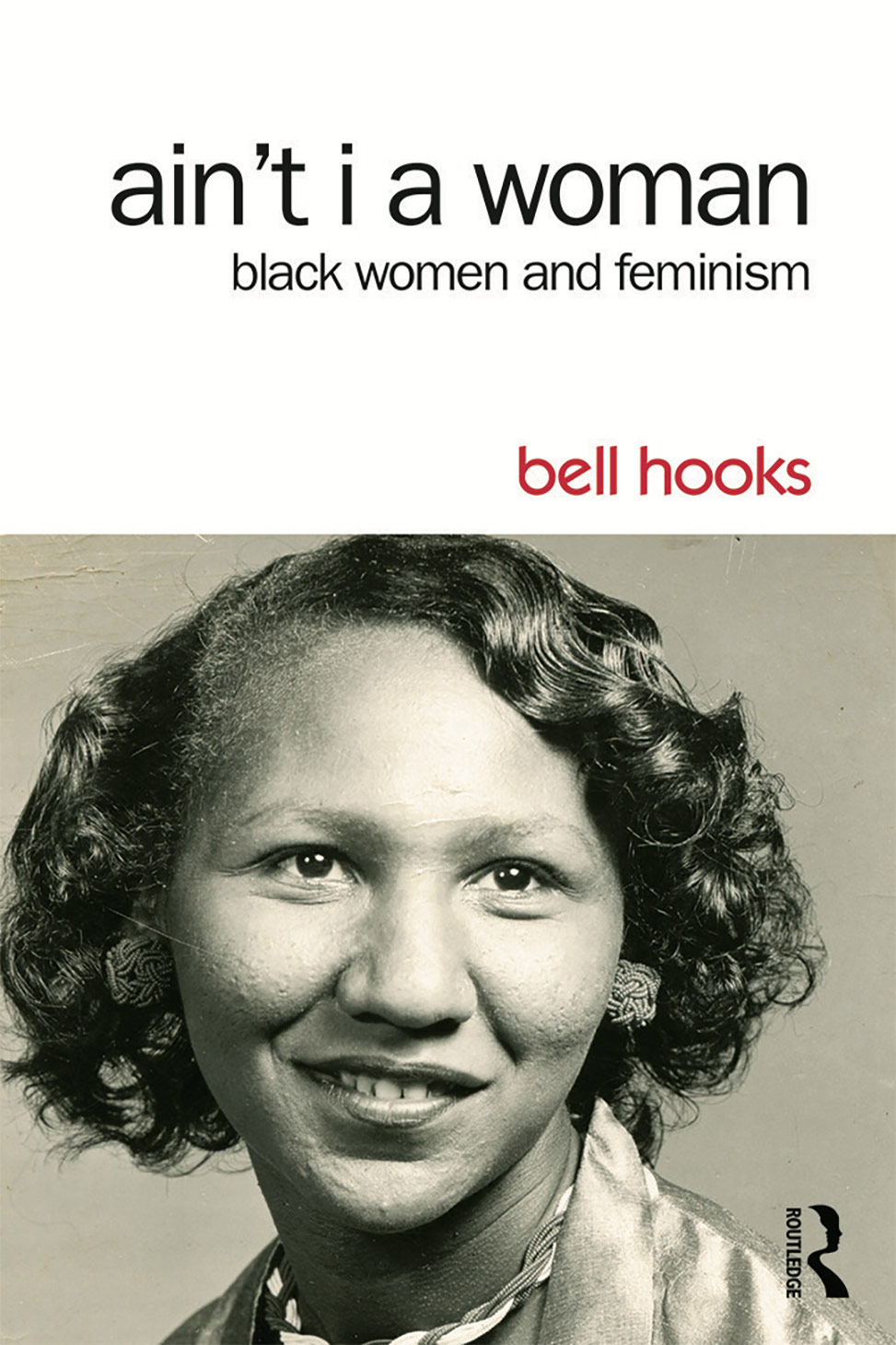
Ain’t I A Woman: Black Women and Feminism
bell hooks
A classic work of feminist scholarship, Ain't I a Woman has become a must-read for all those interested in the nature of black womanhood. Examining the impact of sexism on black women during slavery, the devaluation of black womanhood, black male sexism, racism among feminists, and the black woman's involvement with feminism, Hooks attempts to move us beyond racist and sexist assumptions. The result is nothing short of groundbreaking, giving this book a critical place on every feminist scholar's bookshelf.
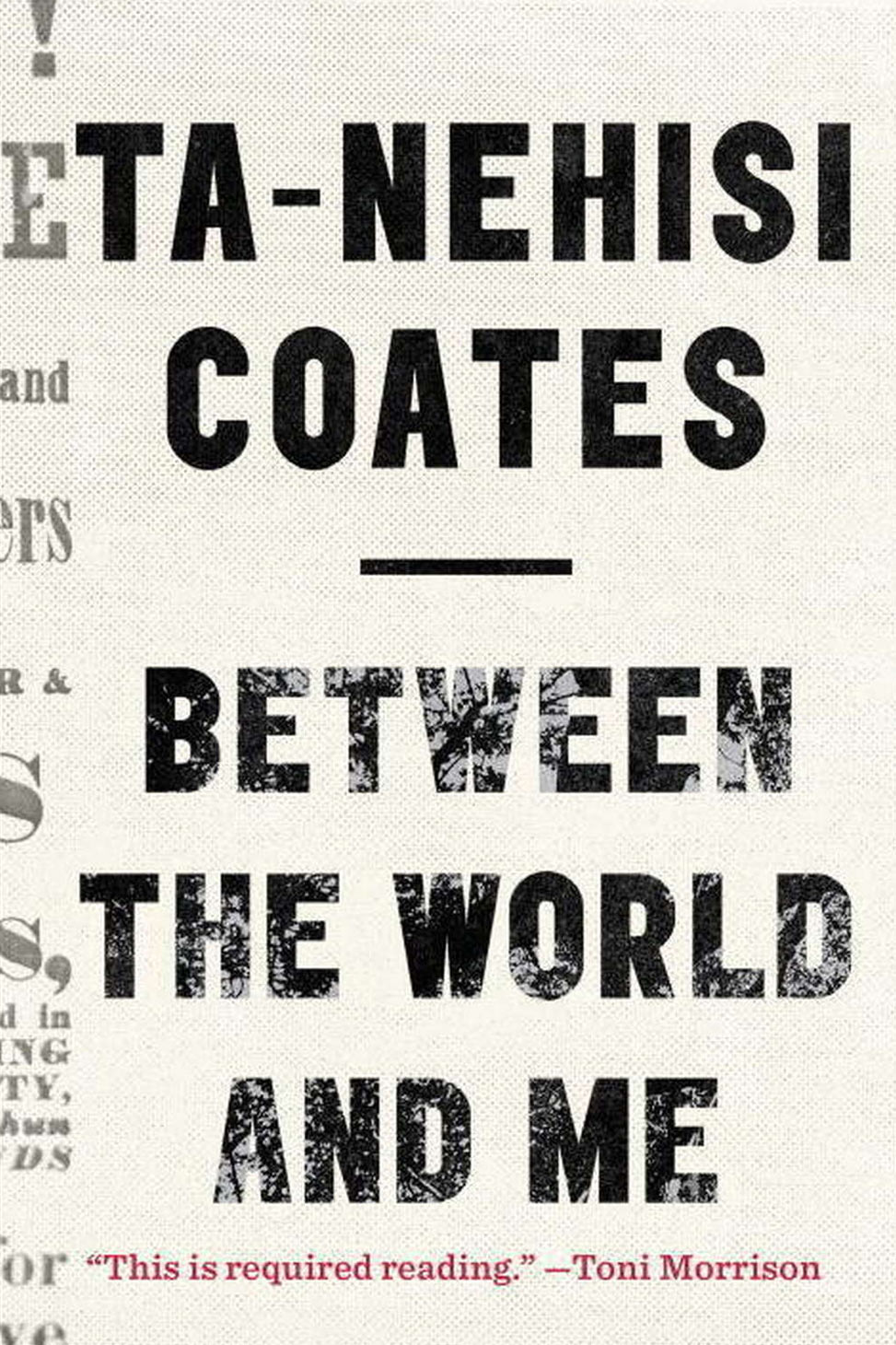
Between the World and Me
Ta-Nehisi Coates
In a profound work that pivots from the biggest questions about American history and ideals to the most intimate concerns of a father for his son, Ta-Nehisi Coates offers a powerful new framework for understanding our nation’s history and current crisis. Americans have built an empire on the idea of ""race,"" a falsehood that damages us all but falls most heavily on the bodies of black women and men – bodies exploited through slavery and segregation, and, today, threatened, locked up, and murdered out of all proportion. What is it like to inhabit a black body and find a way to live within it? And how can we all honestly reckon with this fraught history and free ourselves from its burden?
Between the World and Me is Ta-Nehisi Coates’s attempt to answer these questions in a letter to his adolescent son. Coates shares with his son – and readers – the story of his awakening to the truth about his place in the world through a series of revelatory experiences, from Howard University to Civil War battlefields, from the South Side of Chicago to Paris, from his childhood home to the living rooms of mothers whose children's lives were taken as American plunder.
Beautifully woven from personal narrative, reimagined history, and fresh, emotionally charged reportage, Between the World and Me clearly illuminates the past, bracingly confronts our present, and offers a transcendent vision for a way forward.
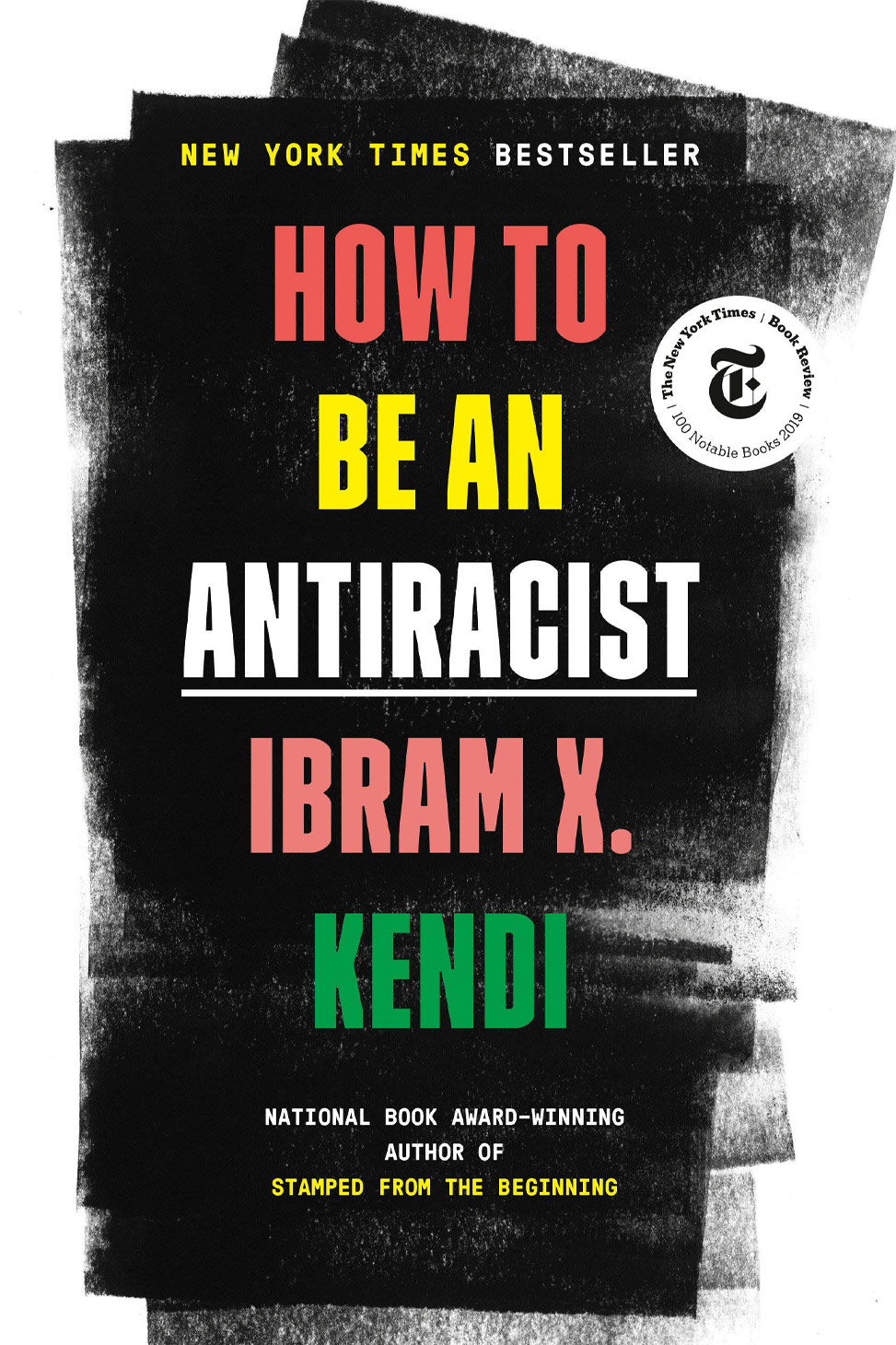
How To Be An Antiracist
Ibram X. Kendi
Ibram X. Kendi's concept of antiracism reenergizes and reshapes the conversation about racial justice in America &emdash; but even more fundamentally, points us toward liberating new ways of thinking about ourselves and each other. Instead of working with the policies and system we have in place, Kendi asks us to think about what an antiracist society might look like, and how we can play an active role in building it.
In his memoir, Kendi weaves together an electrifying combination of ethics, history, law, and science &emdash; including the story of his own awakening to antiracism &emdash; bringing it all together in a cogent, accessible form. He begins by helping us rethink our most deeply held, if implicit, beliefs and our most intimate personal relationships, including beliefs about race and IQ and interracial social relations, and reexamines the policies and larger social arrangements we support. How to Be an Antiracist promises to become an essential book for anyone who wants to go beyond an awareness of racism to the next step of contributing to the formation of a truly just and equitable society.
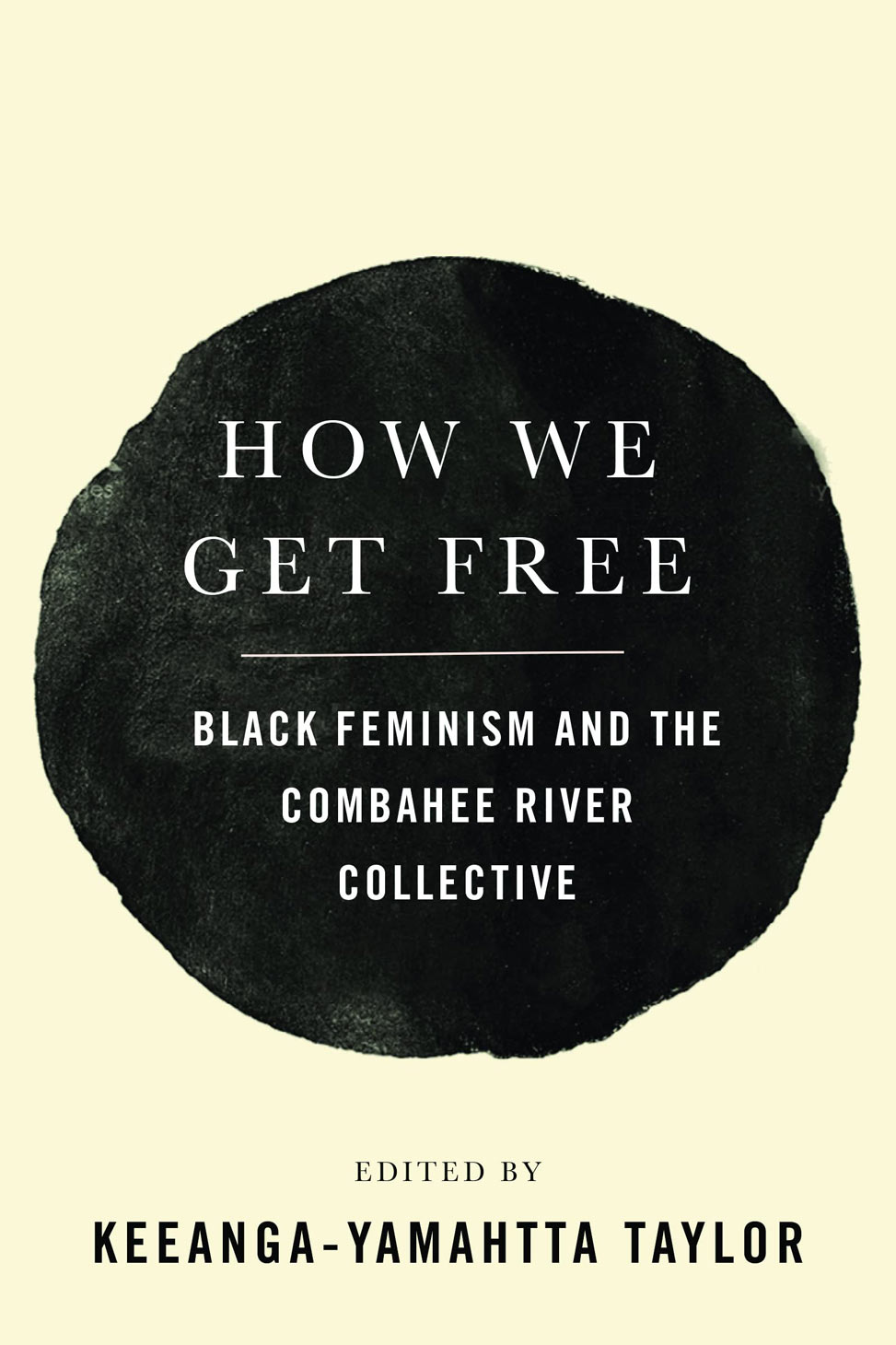
How We Get Free
Keeanga-Yamahtta Taylor &ndash Editor
"If Black women were free, it would mean that everyone else would have to be free." –Combahee River Collective Statement
The Combahee River Collective, a path-breaking group of radical black feminists, was one of the most important organizations to develop out of the antiracist and women’s liberation movements of the 1960s and 70s. In this collection of essays and interviews edited by activist-scholar Keeanga-Yamahtta Taylor, founding members of the organization and contemporary activists reflect on the legacy of its contributions to Black feminism and its impact on today’s struggles.
Keeanga-Yamahtta Taylor writes on Black politics, social movements, and racial inequality in the United States. Her book From #BlackLivesMatter to Black Liberation won the 2016 Lannan Cultural Freedom Award for an Especially Notable Book. Her articles have been published in Souls: A Critical Journal of Black Politics, Culture and Society, Jacobin, New Politics, The Guardian, In These Times, Black Agenda Report, Ms., International Socialist Review, and other publications. Taylor is Assistant Professor in the Department of African American Studies at Princeton University.
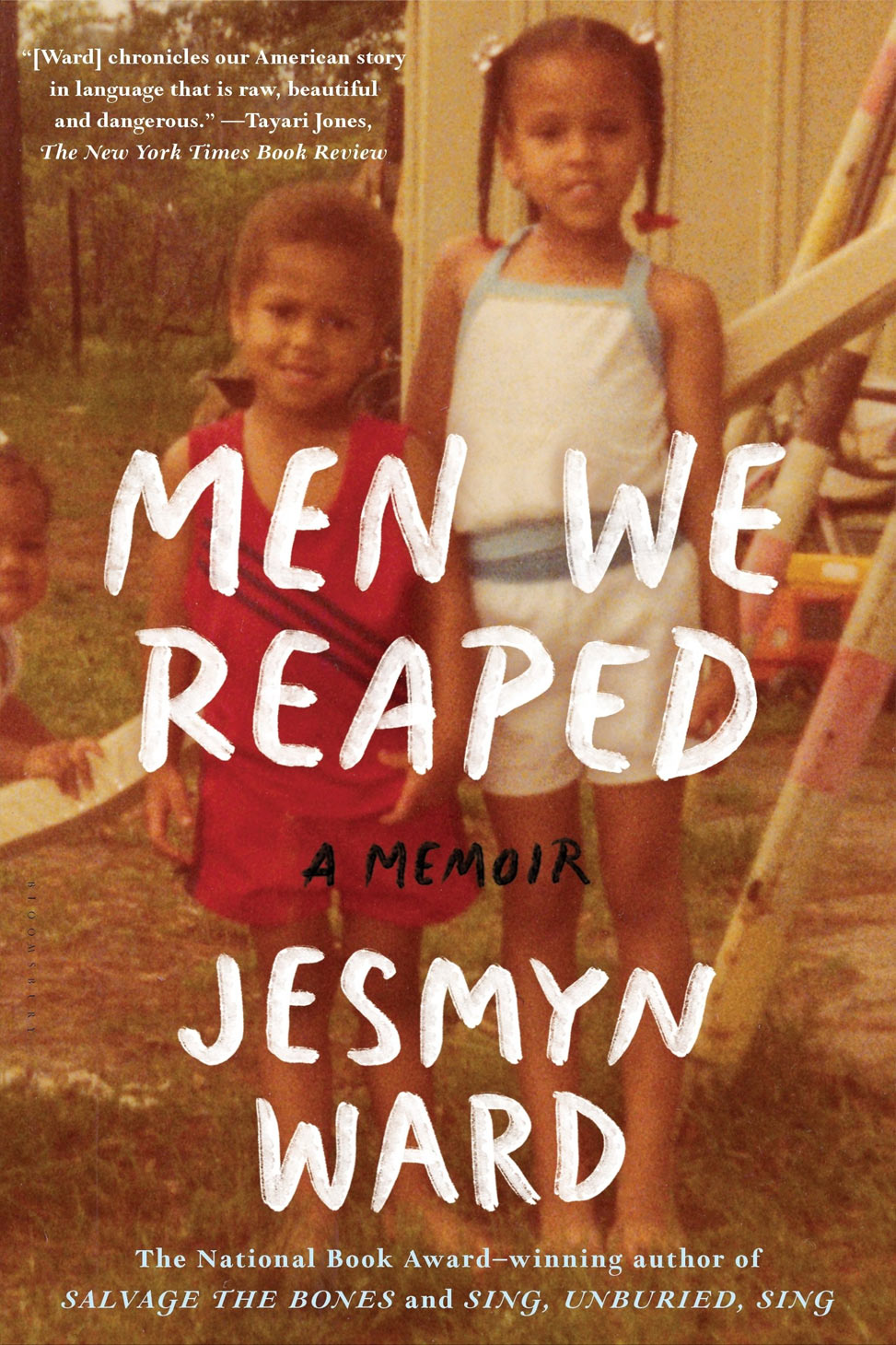
Men We Reaped
Jesmyn Ward
In five years, Jesmyn Ward lost five men in her life, to drugs, accidents, suicide, and the bad luck that can follow people who live in poverty, particularly black men. Dealing with these losses, one after another, made Jesmyn ask the question: why? And as she began to write about the experience of living through all the dying, she realized the truth — and it took her breath away.
Her brother and her friends all died because of who they were and where they were from, because they lived with a history of racism and economic struggle that fostered drug addiction and the dissolution of family and relationships. Jesmyn says the answer was so obvious she felt stupid for not seeing it. But it nagged at her until she knew she had to write about her community, to write their stories and her own.
Jesmyn grew up in poverty in rural Mississippi. She writes powerfully about the pressures this brings, on the men who can do no right and the women who stand in for family in a society where the men are often absent. She bravely tells her story, revisiting the agonizing losses of her only brother and her friends. As the sole member of her family to leave home and pursue high education, she writes about this parallel American universe with the objectivity distance provides and the intimacy of utter familiarity.

The Fire Next Time
James Baldwin
A national bestseller when it first appeared in 1963, The Fire Next Time galvanized the nation, gave passionate voice to the emerging civil rights movement — and still lights the way to understanding race in America today.
"Basically the finest essay I've ever read... Baldwin refused to hold anyone's hand. He was both direct and beautiful all at once. He did not seem to write to convince you. He wrote beyond you." –Ta-Nehisi Coates
At once a powerful evocation of James Baldwin's early life in Harlem and a disturbing examination of the consequences of racial injustice, the book is an intensely personal and provocative document from the iconic author of If Beale Street Could Talk and Go Tell It on the Mountain. It consists of two letters, written on the occasion of the centennial of the Emancipation Proclamation, that exhort Americans, both black and white, to attack the terrible legacy of racism.
Described by The New York Times Book Review as sermon, ultimatum, confession, deposition, testament, and chronicle...all presented in searing, brilliant prose, The Fire Next Time stands as a classic of literature.
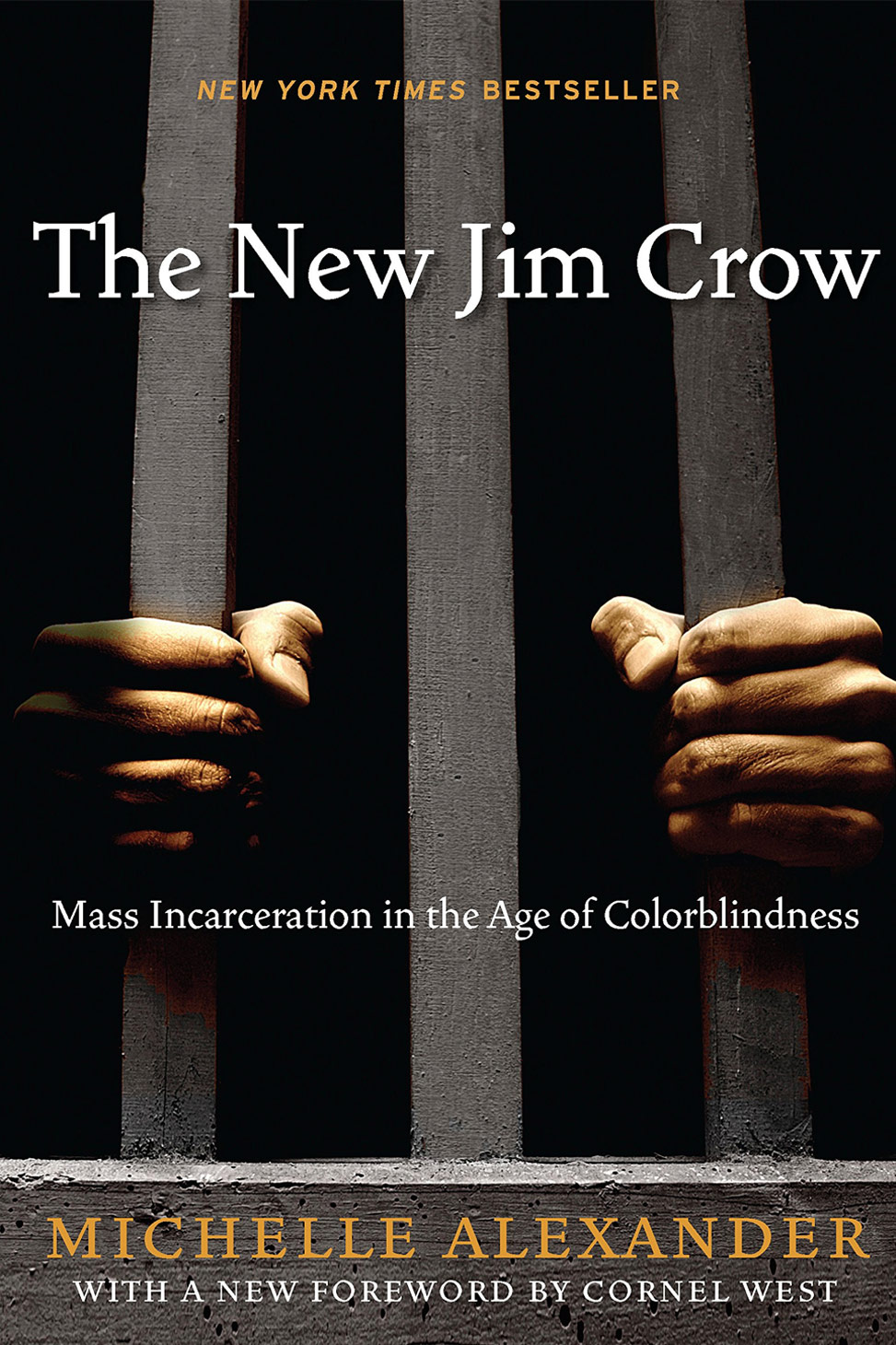
The New Jim Crow
Michelle Alexander
The New Jim Crow is a stunning account of the rebirth of a caste-like system in the United States, one that has resulted in millions of African Americans locked behind bars and then relegated to a permanent second-class status – denied the very rights supposedly won in the Civil Rights Movement.
Since its publication in 2010, the book has appeared on the New York Times bestseller list for more than a year; been dubbed the "secular bible of a new social movement" by numerous commentators, including Cornel West; and has led to consciousness-raising efforts in universities, churches, community centers, re-entry centers, and prisons nationwide. The New Jim Crow tells a truth our nation has been reluctant to face.
Alexander shows that, by targeting black men through the War on Drugs and decimating communities of color, the U.S. criminal justice system functions as a contemporary system of racial control, even as it formally adheres to the principle of colorblindness.
The New Jim Crow challenges the civil rights community, and all of us, to place mass incarceration at the forefront of a new movement for racial justice in America.
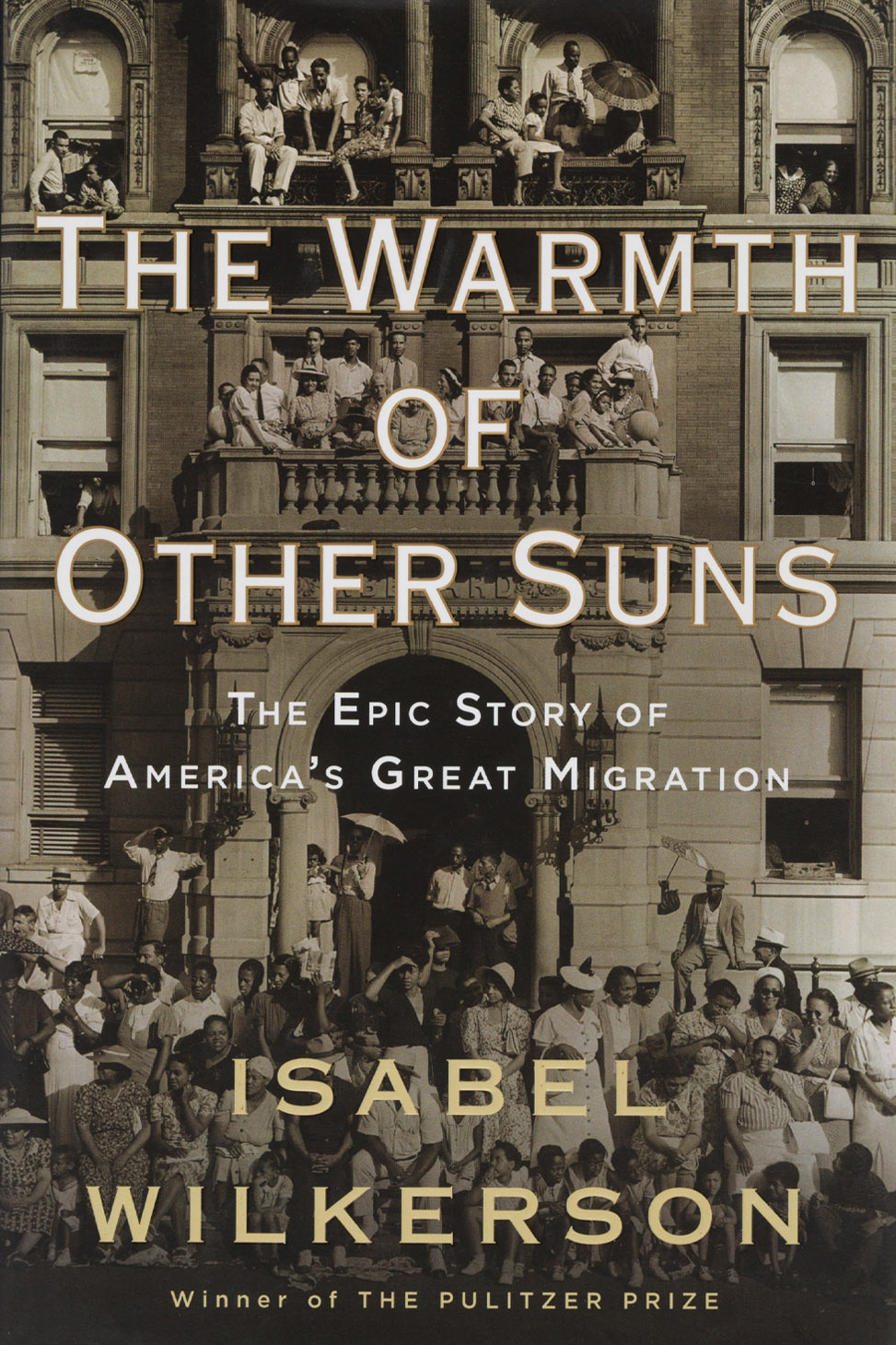
The Warmth of Other Suns
Isabel Wilkerson
In this epic, beautifully written masterwork, Pulitzer Prize–winning author Isabel Wilkerson chronicles one of the great untold stories of American history: the decades-long migration of black citizens who fled the South for northern and western cities, in search of a better life.
From 1915 to 1970, this exodus of almost six million people changed the face of America. Wilkerson compares this epic migration to the migrations of other peoples in history. She interviewed more than a thousand people, and gained access to new data and official records, to write this definitive and vividly dramatic account of how these American journeys unfolded, altering our cities, our country, and ourselves.
Through the breadth of its narrative, the beauty of the writing, the depth of its research, and the fullness of the people and lives portrayed herein, this book is destined to become a classic.
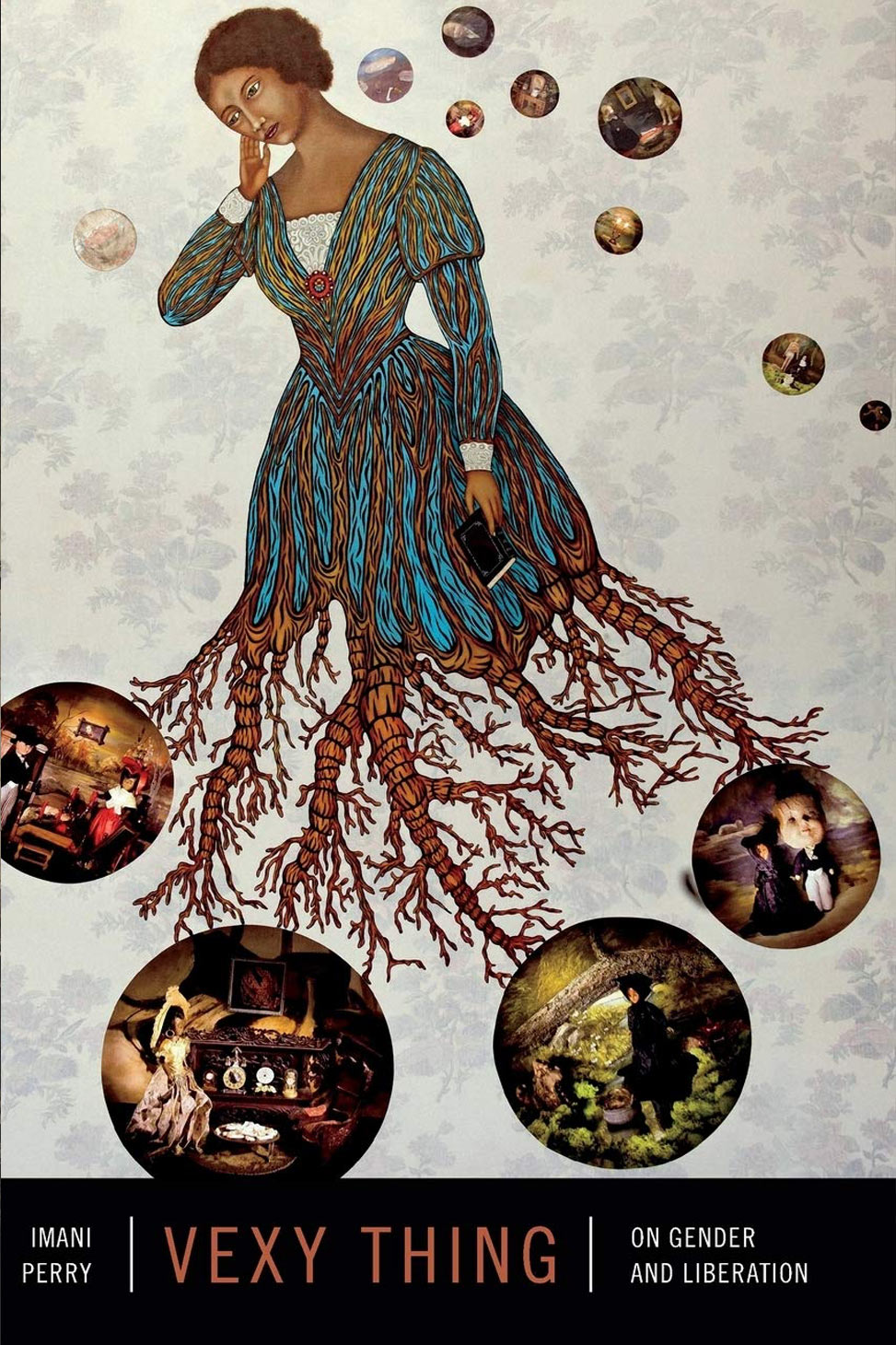
Vexy Thing
Imani Perry
Even as feminism has become increasingly central to our ideas about institutions, relationships, and everyday life, the term used to diagnose the problem – "patriarchy" – is used so loosely that it has lost its meaning.
In Vexy Thing Imani Perry resurrects patriarchy as a target of critique, recentering it to contemporary discussions of feminism through a social and literary analysis of cultural artifacts from the Enlightenment to the present. Drawing on a rich array of sources—from nineteenth-century slavery court cases and historical vignettes to writings by Toni Morrison and Audre Lorde and art by Kara Walker and Wangechi Mutu—Perry shows how the figure of the patriarch emerged as part and parcel of modernity, the nation-state, the Industrial Revolution, and globalization.
She also outlines how digital media and technology, neoliberalism, and the security state continue to prop up patriarchy. By exploring the past and present of patriarchy in the world we have inherited and are building for the future, Perry exposes its mechanisms of domination as a necessary precursor to dismantling it.
George Floyd, Minneapolis Protests, Ahmaud Arbery & Amy Coo
The Daily Show with Trevor Noah
“Yellow Peril” and Anti-Asian Prejudice in the Shadow of Coronavirus
Carolina Asia Center
Listen to ‘1619,’ a Podcast From The New York Times
An audio series on how slavery has transformed America, connecting past and present through the oldest form of storytelling.
Women’s voices at carolina

UNC’s Office for Diversity and Inclusion has started an initiative to call for stories by women affiliated with the university to share their experiences and perspectives as women at Carolina and Beyond. Visit Women’s Voices at Carolina to read their stories. If you identify as a woman and would like to share, please fill out the form at the bottom of the page and share your experience.


